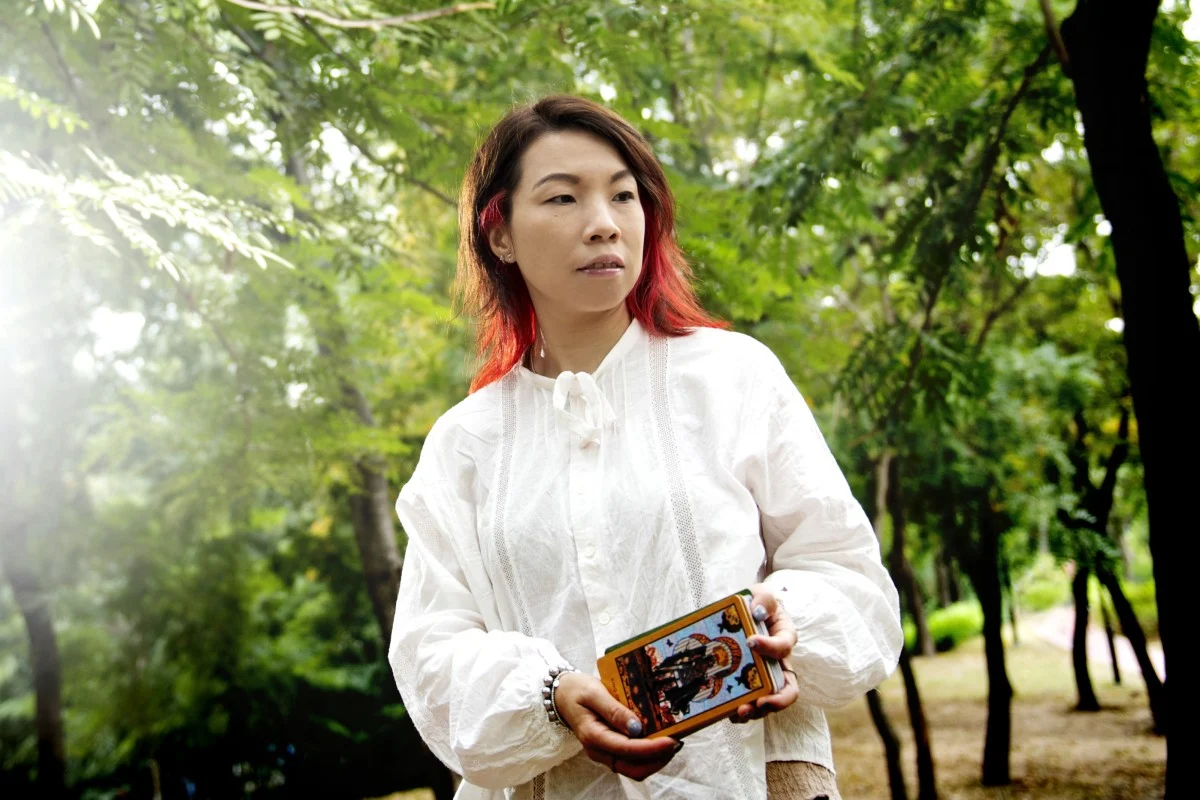Throughout history, people have sought to understand the meaning of their dreams. In China, systems for interpreting omens and prognostications date back to 2000 BC. According to Juwen Zhang, a professor at Willamette University and an expert on Chinese folklore, one of the most enduring and popular books on dreams in China is The Duke of Zhou’s Interpretation of Dreams. The Duke of Zhou, a significant figure from the early Zhou dynasty, is often referred to as the “God of Dreams.” His book contains chapters on common dreams and their symbols, using the Taoist concepts of yin and yang and the life force qi to explain whether dreams are good or bad.
In ancient China, dream interpretation was integral to daily life. Doctors used dreams to diagnose patients, officials relied on them to predict harvests and weather, and ordinary people sought messages from ancestors. Today, the Duke of Zhou’s analyses are accessible on various websites and even printed on yutlik, or Chinese lunar calendars, offering interpretations for each day of the year.
However, Hong Kong-based dream interpretation specialist Cherry Leong, known professionally as Monita, considers the Duke’s system outdated. “The Duke’s system does not tailor dream meanings to each client’s individual psychology and becomes too black-and-white,” she explains. Monita has developed her system over ten years, drawing on the theories of Western neurologist Sigmund Freud and psychotherapist Carl Jung, who proposed that dreams are a reflection of the subconscious, where repressed emotions and desires reside.
Monita’s approach involves helping clients recall their dreams and personal lives through hypnosis, allowing them to tap into their subconscious. Despite the differences between her modern methods and the ancient system, Monita notes that they sometimes reach similar conclusions. For instance, both associate dreaming about snakes with an active sex life.
Monita emphasizes that her psychoanalytic approach is more scientific because it individualizes interpretations. While she occasionally uses Duke of Zhou-inspired dream reading apps, she cautions that they are not fully accurate as they are based on a “collective consciousness” rather than individual psychology.
In ancient China, dreams were often seen as predictions of the future. Monita, however, believes that dreams can serve as warnings but insists that their true value lies in personal growth. She recalls a case where a client, warned through a dream about a potential cancer diagnosis, took preventive action and was able to treat the condition early.
Monita underscores that while dreams can be helpful tools, their interpretation depends on understanding oneself and taking action. “The basis of translating a dream into something meaningful in your life is understanding yourself first, then taking real action to change or affirm your circumstances,” she says, highlighting the importance of personal growth in dream interpretation.
READ MORE:
